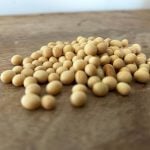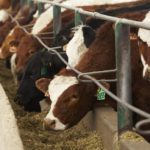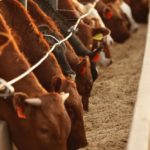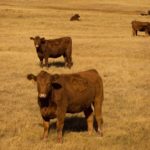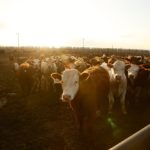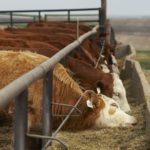CNS Canada — A rise in U.S. corn prices has helped lift the entire feed market in southern Alberta, though one industry expert says it isn’t the only factor strengthening the market. “Barley is getting increasingly difficult to buy as we clean up old-crop supplies,” said Allen Pirness of Market Place Commodities at Lethbridge. Cattle


